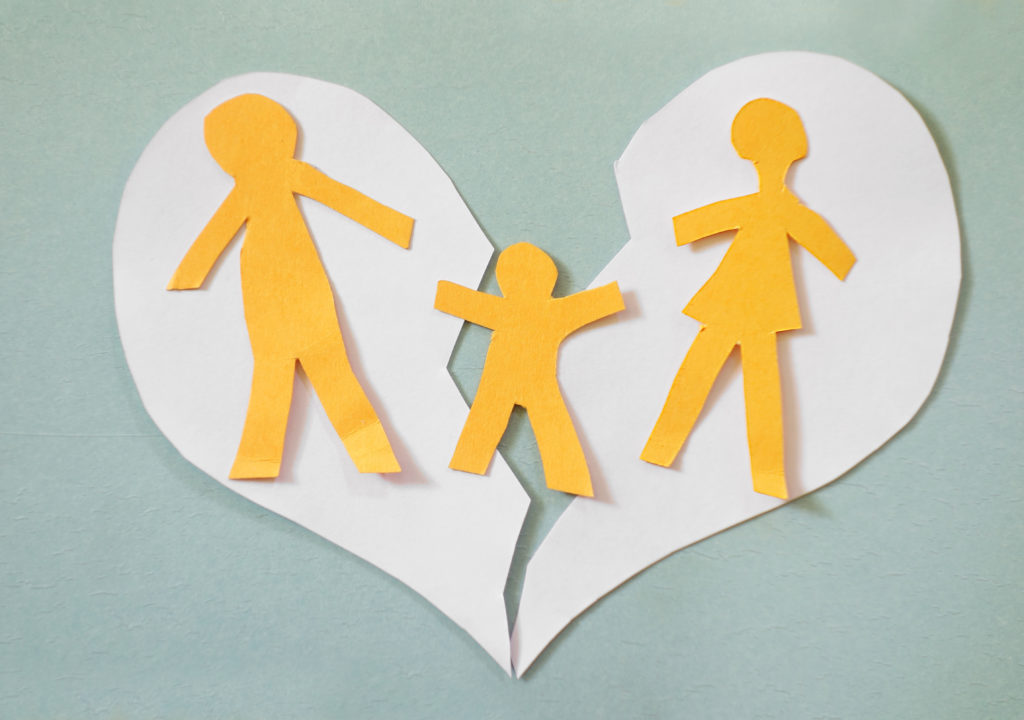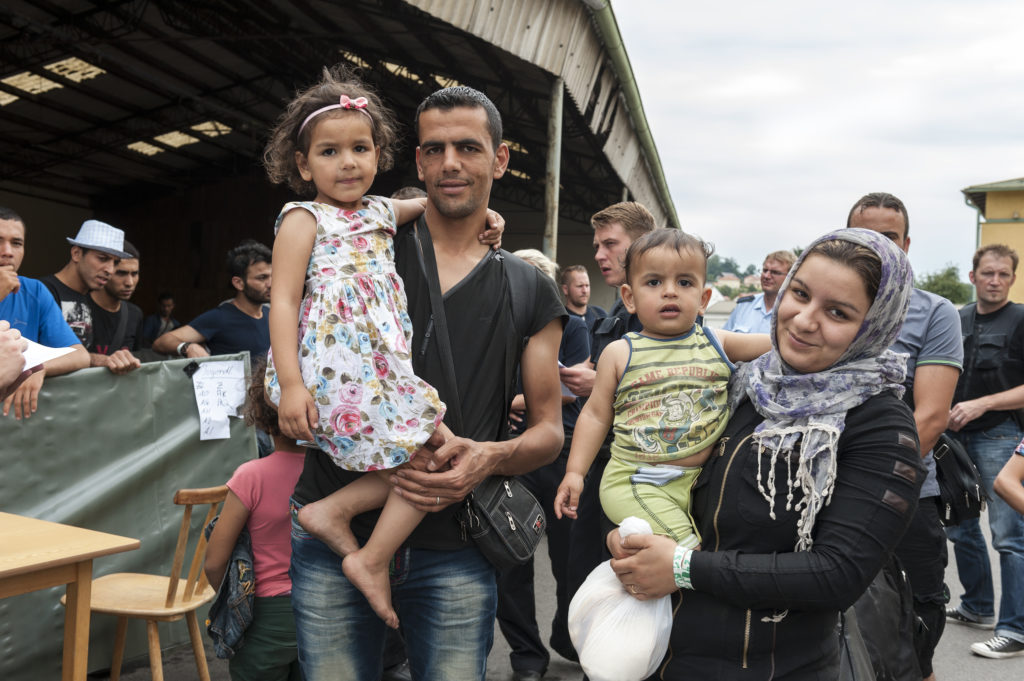The Syrian civil war‘s prolonged crisis led to widespread displacement globally, significantly impacting Sweden, which received a substantial number of Syrian refugees. However, concerns arise regarding Sweden‘s adherence to the UN Convention on the Rights of the Child due to reported prolonged family separations by social services. This situation challenges swift reunification regulations, raising humanitarian concerns impacting refugee families and their children’s welfare.
Syrian war‘s impact on Sweden
The ongoing Syrian civil war, spanning 13 years, has triggered an unparalleled displacement crisis, leading to the exodus of more than 65 million individuals globally, forced to flee due to the relentless turmoil of conflict and warfare. This crisis has inflicted profound humanitarian consequences, displacing countless families and communities, and leaving them in search of safety and refuge far from their homes (UNCHR, 2023).
Moreover, the gravity of this situation was compounded by the devastating events of the February 2023 earthquakes. These seismic events affected an estimated 8.8 million individuals within the Syrian Arab Republic, causing widespread destruction to homes, and vital infrastructure, and further exacerbating the already dire circumstances faced by those caught in the turmoil of conflict and displacement (UNCHR, 2023).
Amidst this complex scenario, Sweden has been significantly affected by this humanitarian emergency. Between 2010 and 2018, Syrian refugees accounted for 40% of asylum applications in the country (Wessels J, 2023). With the substantial rise in the refugee population, the number of Syrian-born individuals reached 185,991 by the year 2018. This significant figure solidifies their position as one of the largest newcomer groups (Balikci Z, 2020).
Unfolding the refugee family separation
Sweden, as a signatory to the UN Convention on the Rights of the Child, is expected to prioritize a child’s best interests, regardless of their citizenship status—whether they are Swedish citizens, temporary residents, or asylum seekers. Alongside providing access to education and healthcare, children should have the entitlement to maintain family unity. Municipal support services may intervene only in case the parents are unable to fulfill their responsibilities or pose a risk to the child’s well-being (Migrationsverket, 2023).
However, concerns have been raised about social services’ adherence to the law. The child maltreatment reporting system in Sweden allows any person or institution to report suspicions to social services, leading to lengthy investigations. These investigations can be triggered by complaints from third parties or family members (Muhammad H. L. A. et al.).
During investigations, the Swedish social services separate mothers and children, sometimes for extended periods, with reports alleging that support services may even incentivize children to stay away from their families. Despite regulations stressing the swift reunification of children with their families, only one in ten are reunited, leaving the majority separated until they reach 18 years old (Muhammad H. L. A. et al.).

Implications of child discipline laws
In Syria, corporal punishment of children is prohibited as a judicial sentence, but it’s permitted in all other settings, particularly in homes (Owen S, 2016). Conversely, in Sweden, parents are forbidden from using physical punishment on their children, a law established in 1979, making it the first country to entirely prohibit physical discipline (End Corporal Punishment, 2020).
Breaking the Swedish law might lead to parental imprisonment, but it doesn’t mean the child will be separated from their family, including relatives, and kept apart (End Corporal Punishment, 2020). This underscores the balancing act between enforcing legal ramifications for certain actions while aiming to preserve the family unit and avoid separation unless absolutely necessary, as advocated by principles in social work and child welfare (Chak M. F, 2022).
In addition, cases involving practices such as the immediate removal of babies from hospitals after birth and forcibly taking children from schools during classes for placement under social worker custody without parental knowledge are evident. Social workers move these children across different municipalities until they secure a foster home, deliberately keeping the foster family’s identity and location concealed from the parents (Uddin R, 2022).
Instances exist where children have fled foster families to return to their biological families, facing mistreatment and apprehension by Swedish private security guards in the process (Daldorph B, 2015). In addition, there have been at least two reported incidents where Syrian children were forcibly taken from their families and tragically ended their lives afterward due to their inability to appeal or return home (Chak M. F, 2022).
These distressing real-life occurrences underscore the profound emotional turmoil and adverse consequences experienced by children when forcibly separated from their families, reinforcing the stance against such actions advocated by the United Nations Committee on the Rights of the Child and supported by scholarly evidence and social work insights (Chak M. F, 2022).
How the community is reacting to family separation
The National Council on Social Issues has already initiated a campaign to raise awareness at the municipal level, partnering with schools to accommodate newly arrived child refugees, considering various economic, social, ethnic, and cultural factors. However, to further enhance these efforts, it’s crucial to intensify support programs with a focus on educating newcomers about their rights, responsibilities, and Swedish laws, especially in aspects related to childcare (Basem S, 2022).
The Human Rights Watch’s recommendations urge against separating mothers and children in Sweden unless essential for the child’s well-being. Encouragement of immediate contact between the child and extended family members, including supervised visits, is advised, involving them in decisions regarding the child’s care (Human Rights Watch, 2022). Additionally, it’s crucial that parents are provided with clear guidance on how to appeal decisions and are well-informed about the process. They should be consistently updated on their child’s whereabouts and ensured of their safety and well-being at all times.
In case the separation from mothers is unavoidable and extended family care isn’t viable, it’s crucial to proactively plan long-term placements post-repatriation to minimize unnecessary transitions and emotional distress for the children (Human Rights Watch, 2022).

At Humanium, we’re dedicated to upholding every child’s rights, especially during crises like the Syrian civil war‘s aftermath, which profoundly impacted millions of families. Your support through sponsoring a child, donating, or volunteering can make a difference. Join us in ensuring every child, regardless of circumstance, receives the care they deserve.
Written by Lidija Misic
Bibliography
Balikci Zana (2020), Identity and sense of belonging among Syrian refugees in Sweden. Retrieved from Malmo University, International Migration, and Ethnic Relations Master Programme at https://www.diva-portal.org/smash/get/diva2:1481918/FULLTEXT01.pdf. Accessed on December 26, 2023.
Basem Sarhan (2022), Sweden: Taking Syrian children away from parents for protection? Retrieved from Brussels Morning at https://brusselsmorning.com/sweden-taking-syrian-children-away-from-parents-for-protection/21363/. Accessed on December 26, 2023.
Brenna Daldorph (2015), Video shows Swedish security guards ‘assaulting’ a child. Retrieved from The Observers France 24 at https://observers.france24.com/en/20150211-video-sweden-guard-boy-malmo-security. Accessed on December 26, 2023.
End Corporal Punishment (2020), Corporal punishment of children in Sweden. Retrieved from End Corporal Punishment at http://www.endcorporalpunishment.org/wp-content/uploads/country-reports/Sweden.pdf. Accessed on December 26, 2023.
Chak Mujahid Farhan (2022), Stealing Innocence: The Theft of Refugee Children in Sweden. Retrieved from Politics Today at https://politicstoday.org/stealing-innocence-the-theft-of-refugee-children-in-sweden/. Accessed on December 26, 2023.
Human Rights Watch (2022), Sweden: Submission to the UN Committee on the Rights of the Child. Retrieved from HRW at https://www.hrw.org/news/2022/12/16/sweden-submission-un-committee-rights-child. Accessed on December 26, 2023.
Migrationsverket (2023), Children in the asylum process. Retrieved from Migrationsverket at https://www.migrationsverket.se/English/Private-individuals/Protection-and-asylum-in-Sweden/Applying-for-asylum/Children-in-the-asylum-process.html. Accessed on December 26, 2023.
Muhammad Haj Latif Abdul et al. (2019), Sweden: Taking Syrian Children away from their Families. Retrieved from The Syrian Investigative Reporting for Accountability Journalism (SIRAJ) at https://sirajsy.net/sweden-taking-syrian-children-away-from-their-families/. Accessed on December 26, 2023.
Owen Sharon (2016), Corporal punishment of children in the Syrian Arab Republic: Briefing for the Universal Periodic Review, 26th session, 2016. Retrieved from OHCHR at https://www.ohchr.org/en/stories/2013/01/ending-corporal-punishment-children. Accessed on December 26, 2023.
Uddin Rayhan (2022), Sweden: Syrian parents plead to be reunited with children taken by authorities. Retrieved from Middle East Eye at https://www.middleeasteye.net/news/sweden-syrian-parents-children-plead-reunited. Accessed on December 26, 2023.
UNCHR (2023), Syria situation. Retrieved from UNCHR at https://reporting.unhcr.org/operational/situations/syria-situation. Accessed on December 26, 2023.
Wessels Josepha (2023), “But you do not ‘look’ Syrian?” Experiences of Syrians in urban areas of Sweden. Retrieved from Social Institutions Political Governance & Integration at https://www.gu.se/sites/default/files/2023-03/Wessels%20Working%20Paper%20No.%204%202023.pdf. Accessed on December 26, 2023.


